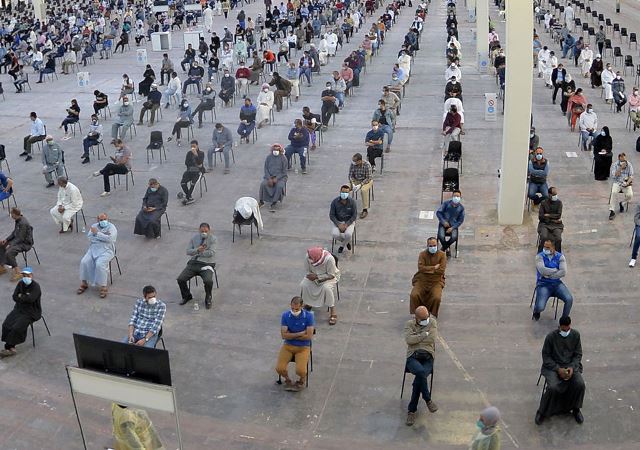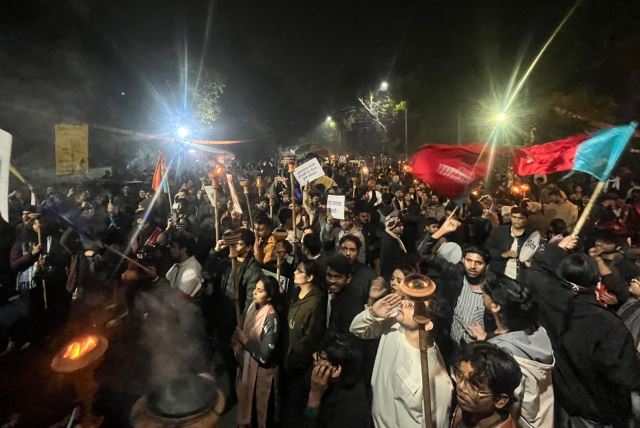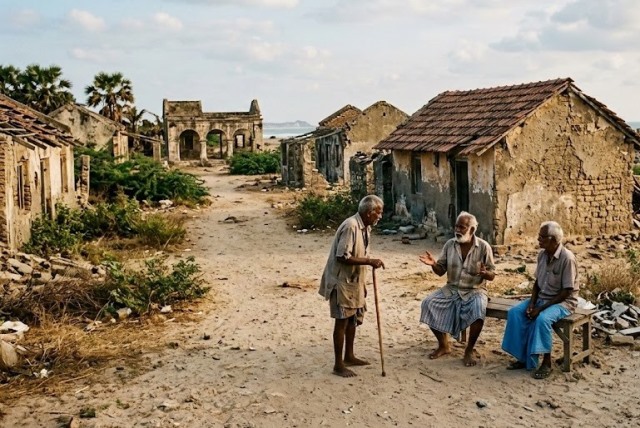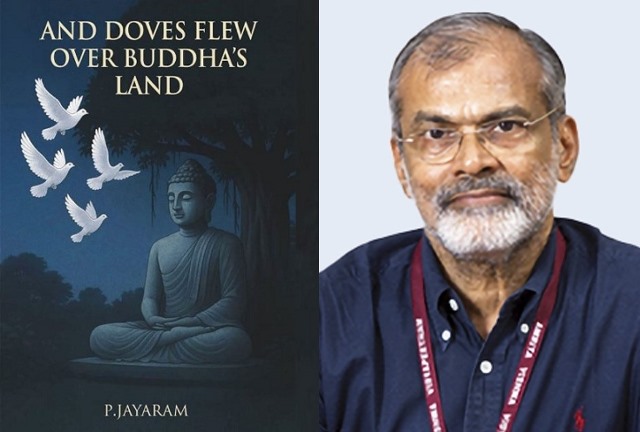
Get Ready For ‘New Normal’ In Post-Corona Times
Wherever you are in this recently-turned-surreal world, you’re either locked down at home; or self-isolated with minimal social contact; or, in the worst case, quarantined somewhere. In India, the entire population has been locked down now since March 24, and people’s movement has been severely restricted. The lucky ones have work that they can do from home; the less fortunate are seeing their incomes dwindle. Elsewhere in the world, such as in Finland where I temporarily reside, the population is so sparse that voluntary self-isolation and social distancing are thought to be enough to curb the spread of the deadly Covid virus that has held the world in suspended animation.
But no matter where you are, the weeks of isolation have probably begun to take their toll and affect your life in more ways than you could have imagined. For those eking out a living at the margins of the economy such as daily wage earners, casual workers, or those employed in the informal sectors (in India that means more than 80% of the workforce), the lockdown is like a devastating blow to their lives, a blow from which they could take months, if not years, to recover. For others, it has changed their lives in lesser but still significant ways.
ALSO READ: Covid-19, Nemesis Of Age Of Reason
Some symptoms of those changes are palpable. When liquor sales were allowed in several Indian locked-down states, queues, some of them albeit socially-distanced, snaked outside liquor shops, and, in some places, stretched for several kilometres. Alcohol-deprived, locked-down denizens just wanted to stock up on booze, which to many is a convenient aid to escape the monotony and depression that sets in when movement is restricted, economic fortunes seem uncertain, and fear and anxiety looms large. The queues outside alcohol shops were probably longer than those outside stores that sold essentials such as food during the lockdown.
Several state governments, which get to set their own excise duties on liquor, raised the rate of taxation, some by as much as 70%, trying to maximise the revenues that can earn in an economy that has sputtered to a halt. These high prices for booze are unlikely to decline even after the Corona virus scare has ended (and no one still knows when that could happen).
Alcohol consumption could be on the rise during the lockdown but there are less visible changes that are already affecting people’s lives. Staying indoors, often with children and other members of the family, 24X7 for weeks on end can take its toll psychologically. Even in a developed country such as Finland, police admit to getting increased number of complaints of domestic abuse and violence towards women and children. In India, data is as yet unavailable for that sort of behavioural changes but with entire families cooped up in (often) cramped homes; strapped for cash; or for even food and other daily necessities, it could be like ticking time-bombs.
ALSO READ: Langar In The Time Of Coronavirus
With much of the privileged world shifting to school education online during this period, many parents feel the pressure to cope with enforcing discipline on their children to adhere to the new norms of lessons via the internet—not an easy task, particularly when their children are very young and unaccustomed to the process. According to a few family therapists, in many cases, this could lead to abnormal tensions within families and affect family members adversely. Coupled with their own predicament—job cuts; reduced earnings; and the uncertainties about the future—such pressures, not inconceivably, this could lead to serious long-term psychological effects on people and even lead to familial fragmentation.
No one knows yet when the threat of the pandemic will ebb but psychologists and trend forecasters are already talking about a new way of living that may emerge. In many countries, notably in Europe, restrictions are being slowly relaxed. In Finland, restaurants will be allowed to operate in a limited manner (no more than 50 diners at a time) from June1. Schools are being opened for 11 working days from May 14, ostensibly to gauge whether the virus spreads further or not. In India, in some cities, people are being allowed to move around between 7 am and 7 pm in a sort of curfew relaxation. And standalone stores in many cities are now operating normally. Yet, as the threat of the virus refuses to die down, people have grown cautious about social mingling or being out and about in places where there are others.
These are trends that could come to stay. Many business models that are pinned on attracting volumes or numbers of people to make them viable—such as big restaurants; sports events; shopping malls; and so on—could be hit for a long time as customers and consumers decide to err on the side of caution even after the restrictions are gone. In some Chinese cities, after movie theatres were opened partially, they had to be shut down again not because of the renewed spread of the virus but because people just didn’t want to go and watch movies with others as they normally would have.
ALSO READ: How Coronavirus Will Change Our Lives
The flipside of the pandemic-led paralysis of society could be in the form of innovations. Artists and musicians have already begun online virtual concerts on platforms such as YouTube with a pay as you please business model. Restaurants are cutting their overheads and focussing more on home deliveries of their fare as customer feel more comfortable and secure eating at home rather than visiting public places. Air travel is likely to change forever as business and leisure travel shrinks and people and businesses use the Internet to get work done. For many businesses that could lead to substantial reductions in cost.
Many may believe that these will only be a short-term impact of the pandemic. But perhaps not. The after-effects of the pandemic could be longer lasting. The ongoing crisis that the world is experiencing could upend many of the ways in which we live, communicate, and consume. The new normal after the Corona scare is over (whenever that is) would be very different from what we have been used to till now. It could be a not-so-brave new world.



